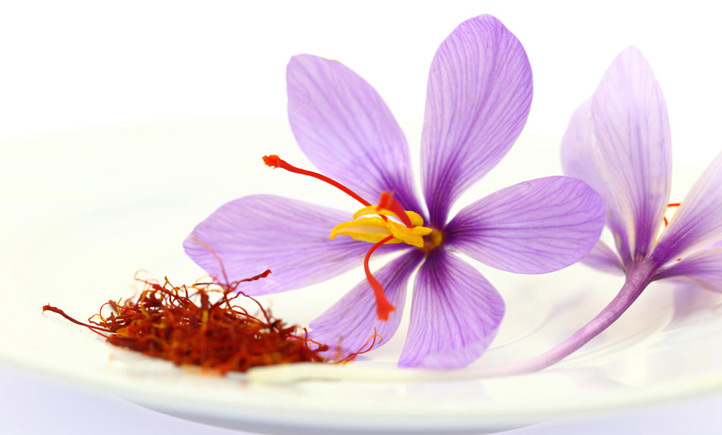
The Risks of Excessive Saffron Consumption
Saffron is a valuable expensive spice that has been used for medicinal, medical , beauty and culinary purposes so far in various markets. Although it is a useful spice for the treatment, cure or prevention of many diseases, excessive saffron consumption can be harmful. The way of saffron storing and consuming saffron plays an effective role in food poisoning prevention. In this article, we will discuss several risks of excessive consumption of saffron.
The Risks and Side Effects of Excessive Saffron Consumption
There are potential risks of excessive saffron consumption. In general, the side effects are vomiting, Jaundice, vision problems, bradycardia, nosebleeds, sensory disability, uterine bleeding, and sometimes death in higher doses.
Blood pressure reduction and blood thinningExcessive saffron consumption may lead to blood pressure reduction and blood thinning, which may have side effects such as nosebleeds or uterine bleeding in women.
MiscarriageExcessive consumption of this spice in the first months of pregnancy, especially in the first three months, causes an increase in prostaglandin in uterus, which has a stimulating effect on uterus and may lead to miscarriage.
Bipolar DisorderSome studies have shown that saffron can change people's mood. In case of excessive saffron consumption, it is possible for people with bipolar disorder to experience irritability and impulsive behavior.
Heart diseasesSaffron consumption may affect the speed and strength of the heartbeat. It may aggravate some heart diseases.
Skin color changeexcessive consumption of saffron makes skin look yellow or orange.
Digestive problemsSince Saffron is basically hot in nature, saffron consumption may lead to diarrhea, dehydration, and Hematuria.
Kidney problemsExcessive consumption of this spice leads to kidney problems.
Weight gainSince saffron is an appetizer, excessive saffron consumption increases appetite, leading to weight gain.
Palmar Hyperhidrosis AggrevationIn case of palmar hyperhidrosis, saffron must be consumed with consideration; otherwise, excessive consumption of saffron aggravates palmar hyperhidrosis.
The Standard Dosage of Saffron
Saffron is a spice with strong aroma and distinctive color. This spice is also rich in antioxidants with many health benefits. The addition of saffron to diet is recommended. Consuming 0.1 grams of saffron per day is generally safe, but excessive consumption can be toxic. The intake of high doses may be more dangerous for certain groups of people. For example, related studies showed that pregnant women should avoid consuming more than 0.1 grams of saffron per day because excessive consumption of saffron provokes uterus.
IN CONCLUSIONSaffron is an old expensive spice. It is rich in antioxidants useful for treating some diseases. There is little evidence that these antioxidants are more effective to the ones of fruits and vegetables. Despite all the saffron benefits, saffron consumption must be taken into consideration; and people with certain underlying diseases must consume saffron under the supervision of their doctor.